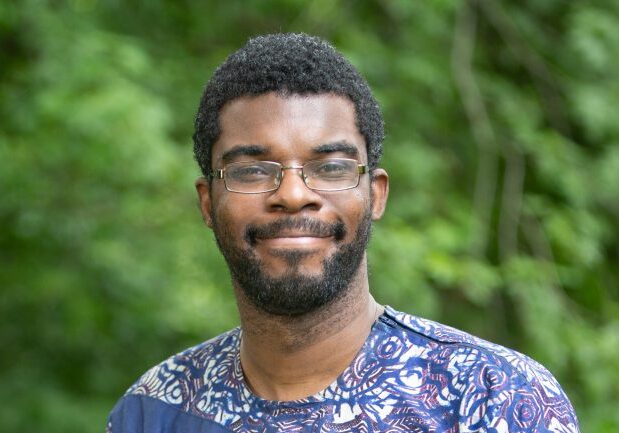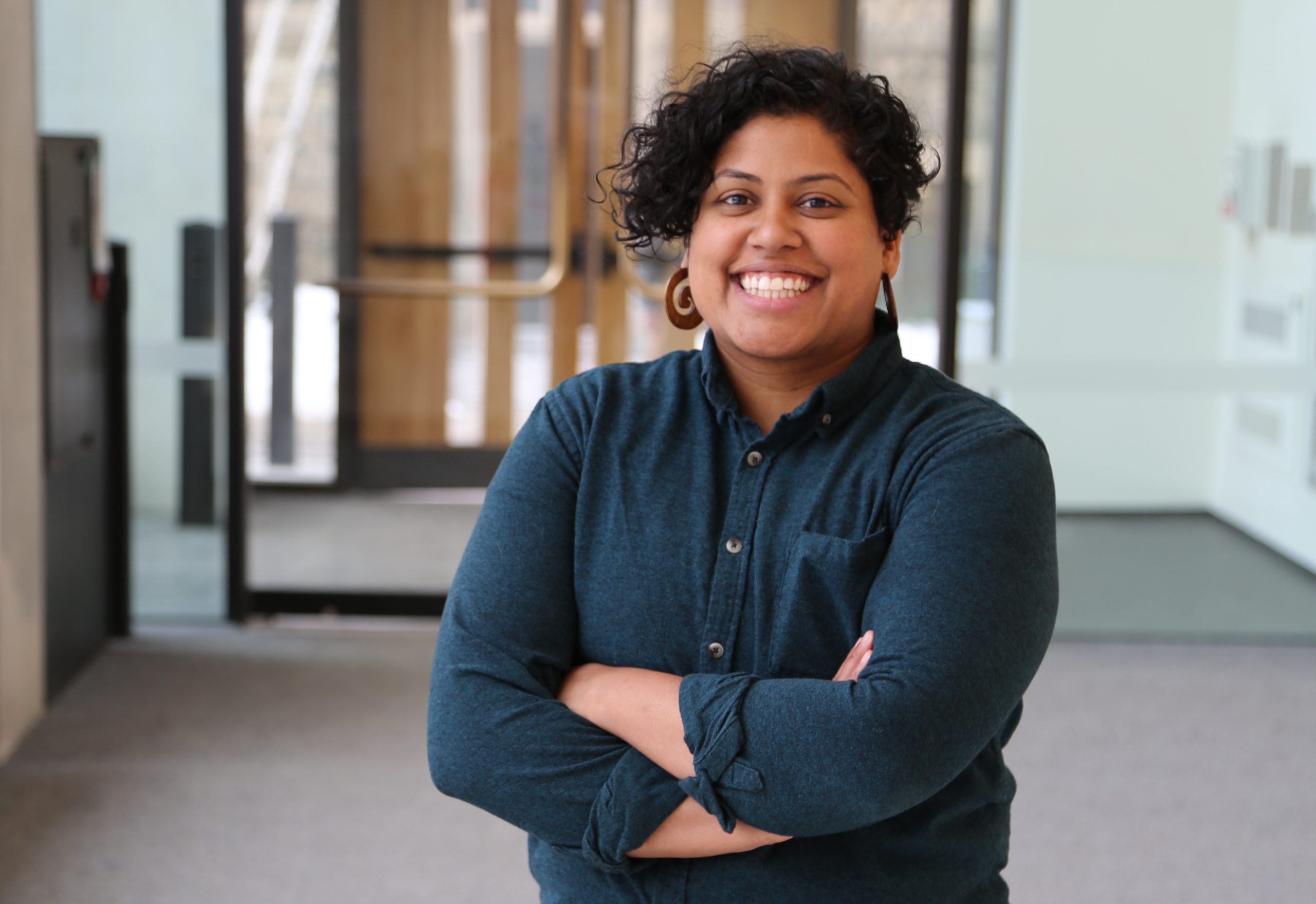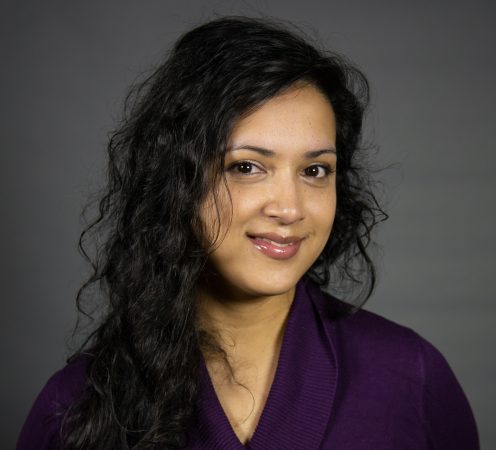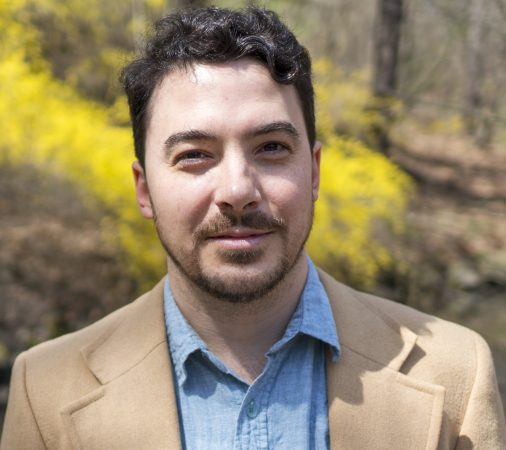Why is it important to see individuals like yourself in STEM?

Osarugue Ize-Iyamu, Year 1 MechE
"As the Black community is underrepresented in STEM, it is important to see Black students, like me, who promote racial diversity within our various areas of study. Black representation is also crucial in helping to engineer a more inclusive community for the younger generation of STEM leaders."

Stephanie Obeta, Year 3 ChemE,
Finance Lead, NSBE, U of T Chapter
"I believe that representation in academia is so important and aids in community building and normalizing diversity. Seeing under-represented minorities in engineering creates a shift in the way people view the profession, and normalizes the idea that engineers do not have to fit any sort of description to belong in academic or professional spaces. Personally, seeing Black students and faculty members validates my belief that I, and other members of the Black community, are capable of success and thriving within groups and spaces that have not always historically been accessible to people like us. I believe that proper representation in academic spaces provides inspiration and encouragement to the next generation, and aids in creating a more inclusive community."

Philip Asare, Assistant Professor, Teaching Stream, ISTEP & EngSci
"It is not just about 'seeing individuals in STEM,' it is more about knowing that individuals like myself are considered equal participants in STEM, that our background, culture, and history is relevant to STEM and valued, and that we are having a positive experience participating in STEM, not just 'coping' or 'surviving.' I think underrepresentation of minorities in STEM professions creates two major problems: 1) it deprives individuals and communities from these groups of the socio-economic benefits of being part of these professions; and, 2) given that STEM professions contribute to many products and services that are critical to various life needs, the lost perspective by not having these communities represented results in products and services that inadvertently have negative impacts on the well-being and quality of life for these groups, or a lack of products and services that are relevant to these groups."

Memma Uponi, Year 2 MIE
"My exposure to western culture and its racial biases has greatly affected the way I see myself. Underrepresentation of Black people and Africans has often made me question my capabilities in pursuing engineering and introduced major imposter syndrome. Black youth need people to look up to, we need mentors and teachers that share the same struggles that we can relate to. Representation is important because seeing an individual like you can sometimes be the push you need to take that risk. Lots of potential has been lost due to the insecurities that stem from underrepresentation in STEM and this cycle needs to be broken."
How are you taking action for systemic change?

Chris Yip, Dean, U of T Engineering
"While there is much more to be done to improve Black inclusion at the Faculty, we have made some strides over the last few years.

Melissa Fernandes, Mental Health Programs Officer
"I am trying to use my power within this system to advocate for changes to the crisis support system here at U of T to ensure that when a Black student, staff or faculty member engages that system, they feel supported by it, rather than endangered by it. I am also trying to listen and learn more about Black youths' experiences of wellbeing, and I am doing this by participating in a certificate program being hosted by YouthREX."

Shilpa Gantotti, Communications Strategist, Engineering Strategic Communications
“After attending a number of open discussions facilitated by the Engineering Equity, Diversity and Inclusion Action Group over the past few years, I joined the Action Group to play a more active role in helping to make the U of T Engineering community more inclusive. The Action Group has helped me think differently about my work as a communicator, and, more broadly, about intersectionality within the context of anti-Black racism. A part of my personal journey to becoming a better ally also involves reading the work of Black authors and journalists (just finished Between the World and Me by Ta-Nehisi Coates) and talking openly at home -- particularly with our 7-year-old -- about Black history and anti-Black racism.”

Ted Nolan, Assistant Professor, Engineering Communication Program, ISTEP
"Not as much as I could. I am ensuring my lectures and examples represent diverse backgrounds and perspectives. I am pushing my students to avoid making assumptions and to resist assumptions that might be made about them by actively engaging critical thinking toward the ends of fairness and justice."
